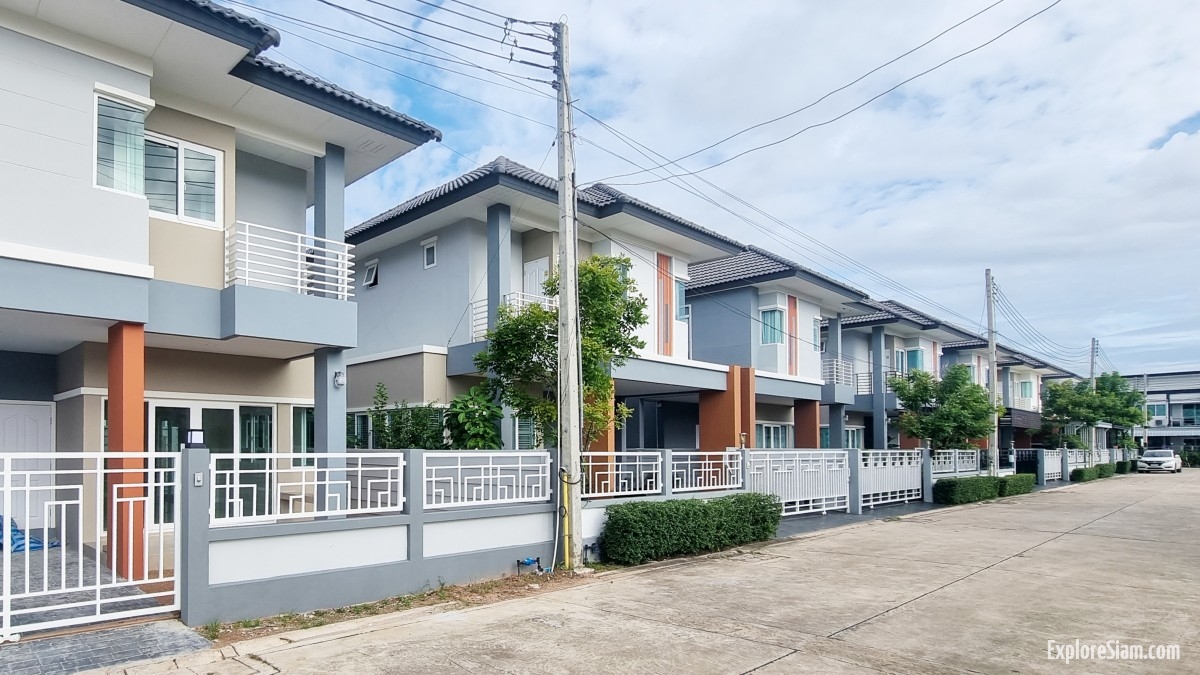Buying property in Thailand can be a complex process, especially for foreigners. One of the key decisions that prospective buyers face is whether to purchase a property on a leasehold or freehold basis. Each option has its own set of advantages and limitations, and understanding these is crucial for making an informed decision.
Understanding Leasehold Property
Leasehold property involves purchasing the right to use a property for a specified period, typically 99 years in Thailand, although leases can sometimes be extended. The lease is a legally binding contract between the property owner (lessor) and the tenant (lessee). At the end of the lease term, the property reverts to the owner unless a renewal is negotiated.
For foreigners, leasehold property can be an attractive option because it allows them to legally occupy land or property that they might otherwise be restricted from owning outright. Thailand’s property laws are strict regarding foreign ownership of land; however, leasehold agreements provide a legal workaround, allowing foreigners to enjoy many of the benefits of ownership without violating Thai law.
One of the key benefits of leasehold property is the relatively lower cost compared to freehold property. Since the buyer does not own the land outright, the initial investment can be significantly less. This can be particularly advantageous for those looking to invest in a property for a finite period, such as retirees or expatriates with plans to stay in Thailand for a limited time.
Challenges with Leasehold Property
Despite its advantages, leasehold property comes with several challenges. The most significant is the lack of permanence. Since the lease has a finite term, there is always uncertainty about what will happen at the end of the lease. Renewals are not guaranteed and can be subject to new terms and conditions set by the lessor. Additionally, leasehold properties can be harder to sell because potential buyers may be wary of the limited tenure.
Another challenge is the potential for disputes with the lessor. Lease agreements must be carefully drafted to protect the interests of the lessee, and it is advisable to seek legal counsel to ensure all terms are clear and enforceable. Moreover, any major improvements made to the property typically become the property of the lessor once the lease expires, which can be a deterrent for lessees who wish to invest in significant upgrades.
Understanding Freehold Property
Freehold property, on the other hand, involves outright ownership of the property and the land on which it stands. In Thailand, foreigners can own buildings or condominiums freehold, provided certain conditions are met. However, they are generally restricted from owning land. The most common form of freehold property available to foreigners is condominium units, where foreign ownership is allowed up to 75% of the total floor area of the condominium project.
Freehold ownership offers the highest level of security and control. The owner has the right to use the property indefinitely, sell it, lease it, or pass it on to heirs without the complications associated with leasehold arrangements. This long-term stability makes freehold property an attractive option for those looking to make a permanent investment.
Challenges with Freehold Property
The primary challenge for foreigners interested in freehold property in Thailand is the restriction on land ownership. While condominiums are an option, those who wish to own a house must find alternative solutions. One common approach is to set up a Thai company, where the foreigner can hold up to 49% of the shares, and the company can own the land. However, this method involves additional legal complexities and ongoing compliance requirements.
Another consideration is the cost. Freehold properties tend to be more expensive than leasehold properties due to the security and permanence they offer. This higher cost can be a barrier for some buyers, particularly those looking for more affordable investment opportunities.
Making the Right Choice
Choosing between leasehold and freehold property in Thailand depends on various factors, including the buyer’s financial situation, long-term plans, and comfort with legal complexities. For those looking for a cost-effective way to live in Thailand without the long-term commitment, leasehold property may be the best option. However, it is crucial to negotiate a clear and fair lease agreement and be aware of the potential challenges at the end of the lease term.
For those seeking long-term security and the ability to make a permanent home in Thailand, freehold property offers the most advantages. Although it may involve higher upfront costs and legal hurdles, the benefits of outright ownership often outweigh these challenges.
In conclusion, both leasehold and freehold property have their respective benefits and limitations. Foreigners looking to buy property in Thailand should carefully consider their personal circumstances and long-term goals before making a decision. Consulting with legal experts and real estate professionals can provide valuable insights and help navigate the complexities of Thai property law, ensuring a smooth and successful investment.





